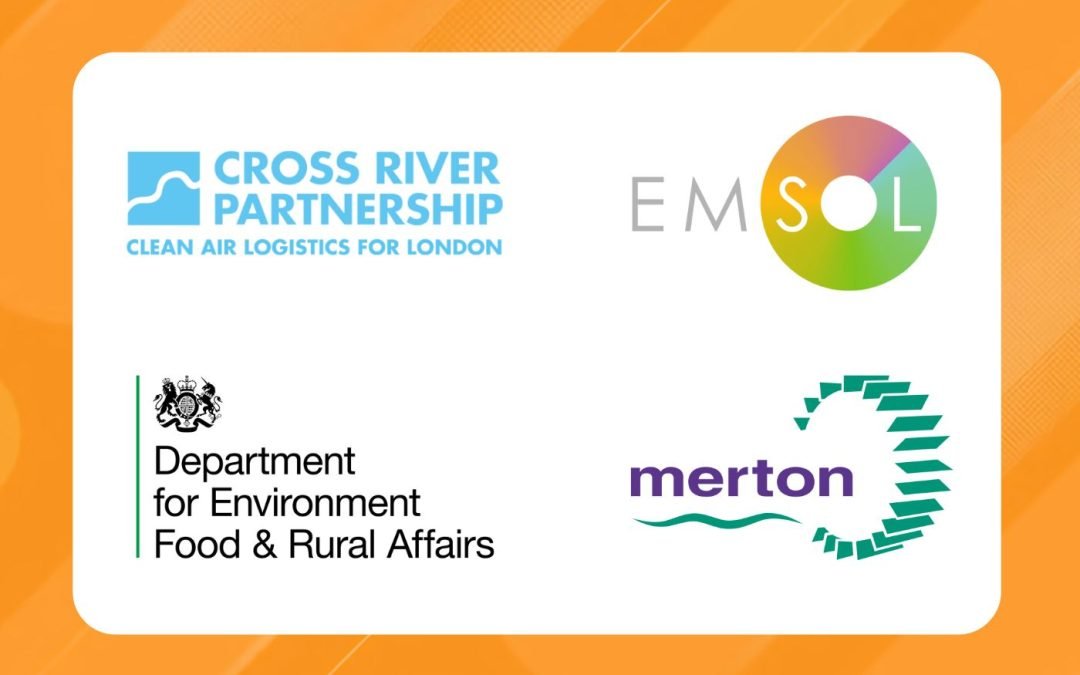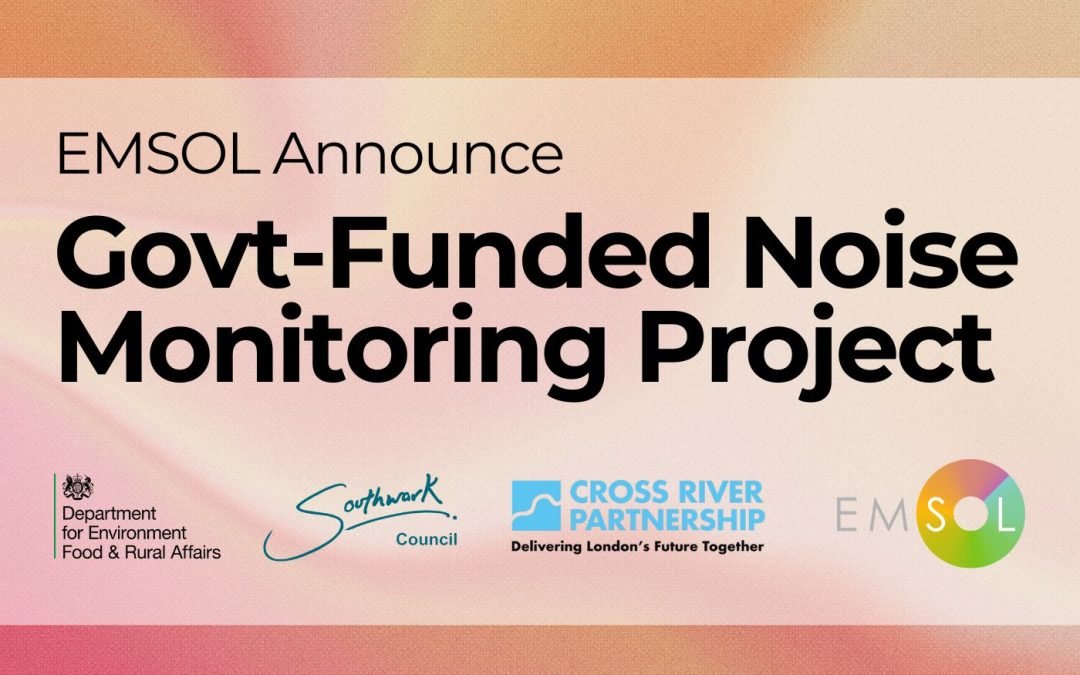A major change has occurred in consumer behaviour, the emergence of the ‘conscious consumer’. This has led to demands from consumers for more environmentally sustainable policies and practices from retailers. Consumers are not only more aware of their own environmental footprint, but also the footprint of the brands they shop with. Shopping habits are changing based on sustainability and environmental impact.
The Capgemini Research Institute found concerns around environmental sustainability are influencing consumer behaviour:
- Almost 80% of consumers are changing their shopping habits based on social responsibility, inclusiveness, or environmental impact
- 77% of consumers are more willing to spend with a company that has a corporate social responsibility pledge
- 65% of consumers are more mindful post-pandemic of the environmental impact of their consumption
- 64% of consumers feel happier buying sustainable products
- 53% of consumers (57% in the 18-24 age group) have switched to lesser known brands because they were sustainable
Shifting Sands of Consumer Behaviour
As the sourcing and carbon footprint of products becomes more important to consumers, it is becoming more apparent that consumers are actively seeking out retailers who can demonstrate a commitment to sustainability. Consumers are savvy and want to see evidence of retailers identifying environmental problems in their operations and delivery chains, and taking affirmative action.
When it comes to consumer loyalty:
- The Capgemini Report found that 77% of consumer products and retail organizations found that sustainability leads to increases in customer loyalty
- 87% of buyers will purchase a product because its company advocated for an issue they care about.
- 61% of consumers have lowered their single-plastic usage
It is clear that sustainability and ethical issues are key drivers for consumers. Retailers need to ensure that sustainability and lowering their emissions are top of the business agenda. As retailers slowly start the move towards sustainability targets, what is clear is that those retailers who take definitive action to decarbonise could find themselves accelerating their business growth and developing consumer loyalty.
Retailers as Environmental Leaders
The 3 main benefits to sustainable and environmentally friendly retail procedures are:
- Sustainability is linked with distinction – consumers are looking more closely at brands and their values. If the brand does not have a sustainability policy consumers will look elsewhere. Sustainability is not only great for driving forward innovation and efficiencies, but it is also a great marketing tool>
- Connecting with consumers: in the age of digital communication where messages are sent and received instantaneously, brands have a huge consumer market demanding ethical environmental policies. Retailers who are reframing their sales and strategies to make them more sustainable will attract and retain the conscious consumers. Working towards environmental goals flips the notion of consumption on its head in a creative and dynamic way, creating deep connections with modern consumers.
- Sustainability sells: retailers need to focus on customer experience and demands when it comes to sustainability. Retailers who can demonstrate sustainable policies increase customer loyalty and engagement.
We are at a crucial sustainability tipping point. Consumers are not only embracing social causes, 66% say they are willing to pay a premium for sustainable brands. The growth of value-driven consumers means that retailers need to align themselves with the values of the target consumer if they want to flourish and succeed in a complex and changing economic climate.
Working with EMSOL means retailers can monitor and assess their emissions and the environmental impact. This crucial real-time information can help inform the approach to sustainability and the implementation of sustainable operations.
By leading the way environmentally, retailers have a great opportunity to find common emotional ground with their consumers. Changing business practices is not only about retailers becoming more environmentally conscious, it also enables retailers to help consumers behave more sustainably. Retailers taking steps to be more environmentally accountable and conscious will benefit in the long-term from increased sales and reputational benefits.





